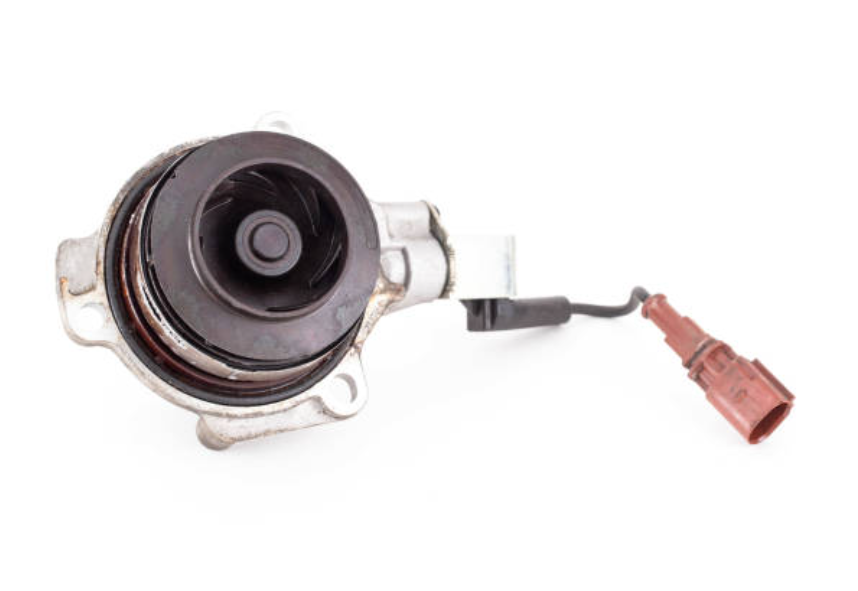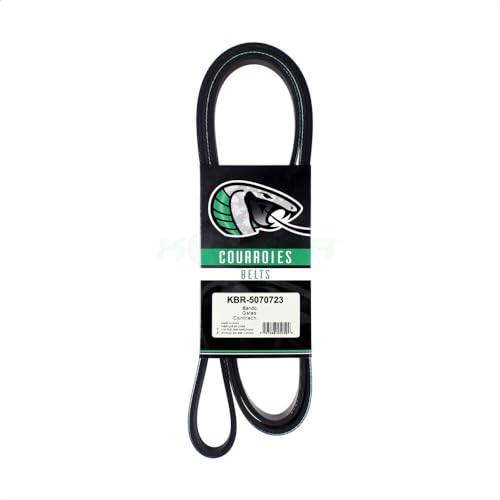How Long Does a Ticket Stay on Your Record?
Have you received a minor traffic ticket or another moving violation and pondered whether it lingers on your driving record indefinitely? The duration for which tickets remain on your driving record can be perplexing. We aim to clarify this issue by offering insights into the typical retention periods for different types of violations. We'll delve into the specifics of statutes of limitations and their relevance to various offenses, along with guidance on how to manage any tickets that do appear on your record. Let's dive in and explore this topic further!

How Long Does a Ticket Stay on Your Record?
For minor traffic infractions like speeding tickets or running red lights, many regions retain these records for approximately 3 to 5 years. However, the precise duration may vary in accordance with local laws.
More severe violations such as DUI or reckless driving tend to have a more extended presence on your record, often spanning 5 to 10 years or even longer in some jurisdictions, with the possibility of indefinite retention in certain cases where the violation results in a criminal charge.

Some areas employ a point system where various traffic offenses accumulate points. Amassing an excessive number of points within a specified timeframe can result in penalties, including license suspension.
Certain circumstances may enable you to expunge or remove a ticket from your record, usually through participation in traffic school, completing defensive driving courses, or meeting jurisdiction-specific requirements. While expungement erases the ticket from your public record, it may not eliminate it entirely from all records.

A traffic ticket can significantly impact your auto insurance in several ways. Firstly, it often leads to increased premiums, as insurance companies view traffic violations as indicators of higher risk. Losing good driver discounts and changing your risk classification may also result from a ticket, causing further premium hikes. Furthermore, insurance companies may scrutinize your policy upon renewal, potentially raising your rates.
In more severe cases, accumulating multiple tickets or serious violations may lead to non-renewal or policy cancellation. Additionally, having a recent ticket on your record could affect future claims, possibly resulting in a more thorough investigation and higher out-of-pocket expenses. To mitigate these consequences, you can consider attending traffic school (if available) and compare insurance quotes to find more affordable coverage options.

Contest the Ticket in Court:
- If you believe the ticket was issued unfairly or inaccurately, consider contesting it in court.
- Attend the scheduled court hearing and present your case. You may want to consult with a traffic attorney for legal guidance.
Negotiate a Reduced Charge:
- In some cases, you may be able to negotiate with the prosecutor or law enforcement for a reduced charge, such as a non-moving violation or a lower-speed violation. This negotiation could result in a less severe offense on your record.
Attend Traffic School or Defensive Driving Course:
- Many jurisdictions offer the option to attend traffic school or a defensive driving course to mitigate the consequences of a ticket.
- Successful completion of such a course may result in the removal of points from your driving record or the ticket being dismissed.
Deferred Adjudication or Diversion Programs:
- Some areas offer deferred adjudication or diversion programs for first-time offenders. These programs typically involve probation, community service, or other requirements in exchange for keeping the ticket off your record.
Verify the Accuracy of Your Record:
- Regularly review your driving record to ensure accuracy. Errors can occur, and correcting them promptly is essential to prevent any unjustly recorded violations.
Seek Legal Counsel:
- If you're unsure about how to proceed, or if the ticket carries severe consequences, consult with a traffic attorney. They can provide legal advice, represent you in court, and explore options to protect your driving record.
Safe Driving:
- To avoid accumulating points on your driving record in the first place, practice safe driving habits. Obey traffic laws, follow speed limits, and avoid risky behaviors.
Check Your State's Laws:
- Be aware that traffic laws and procedures can vary by state and locality. Research the specific rules and options available in your jurisdiction.

-
How can I maintain a clean driving record?
To keep your record clean, always obey traffic laws, avoid speeding, and practice safe driving habits. Staying informed about your state's traffic regulations and attending defensive driving courses can also help you avoid violations.
-
Will my insurance rates increase due to a speeding ticket?
Speeding tickets often lead to higher insurance premiums because insurance companies view them as indicators of risky driving behavior. The extent of the increase depends on your provider and the severity of the violation
View another article here: The 10 Best Car Wash Buckets For A Shiny, Spotless Ride











